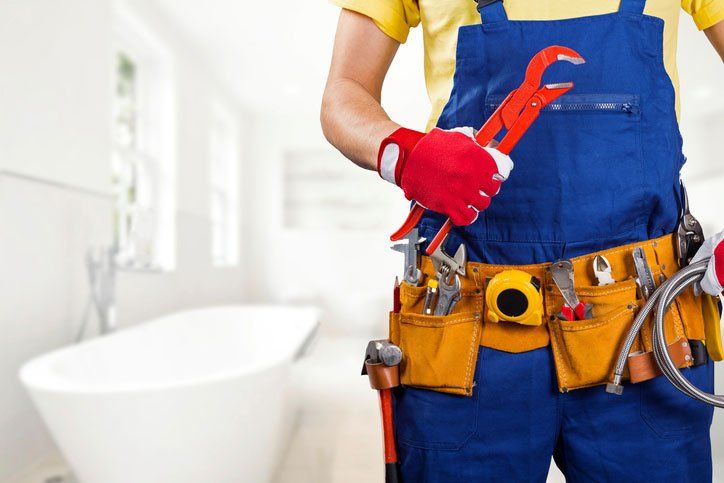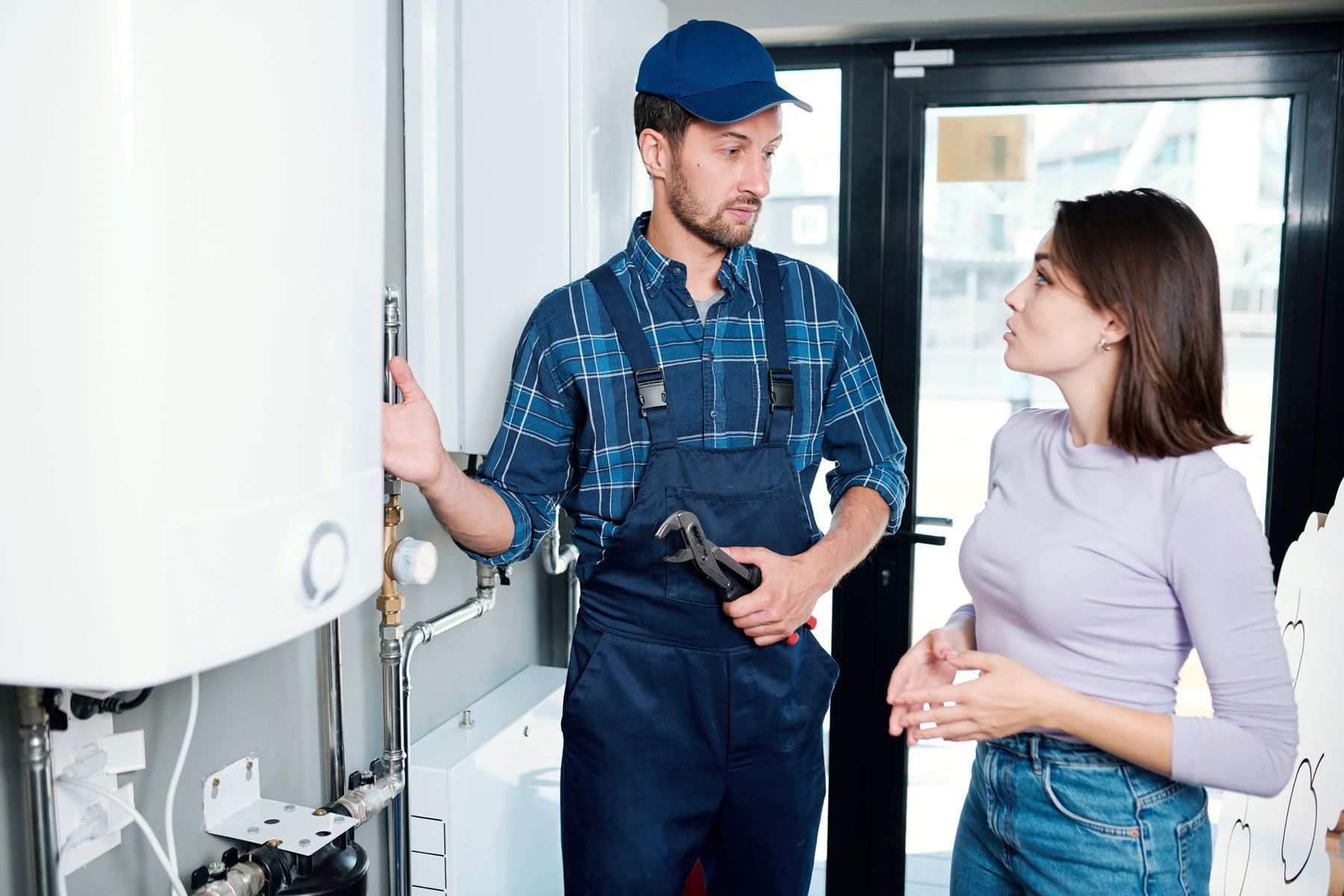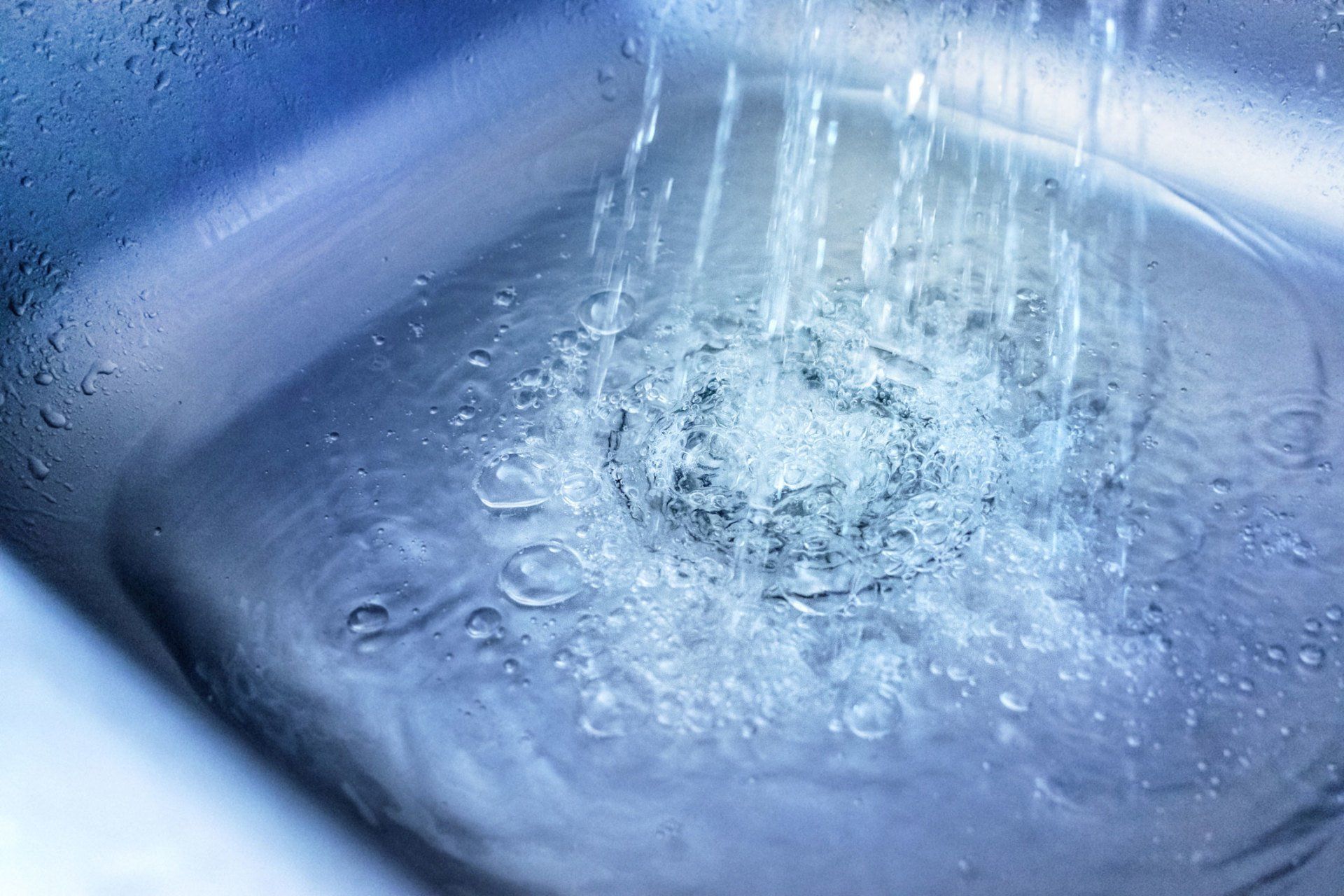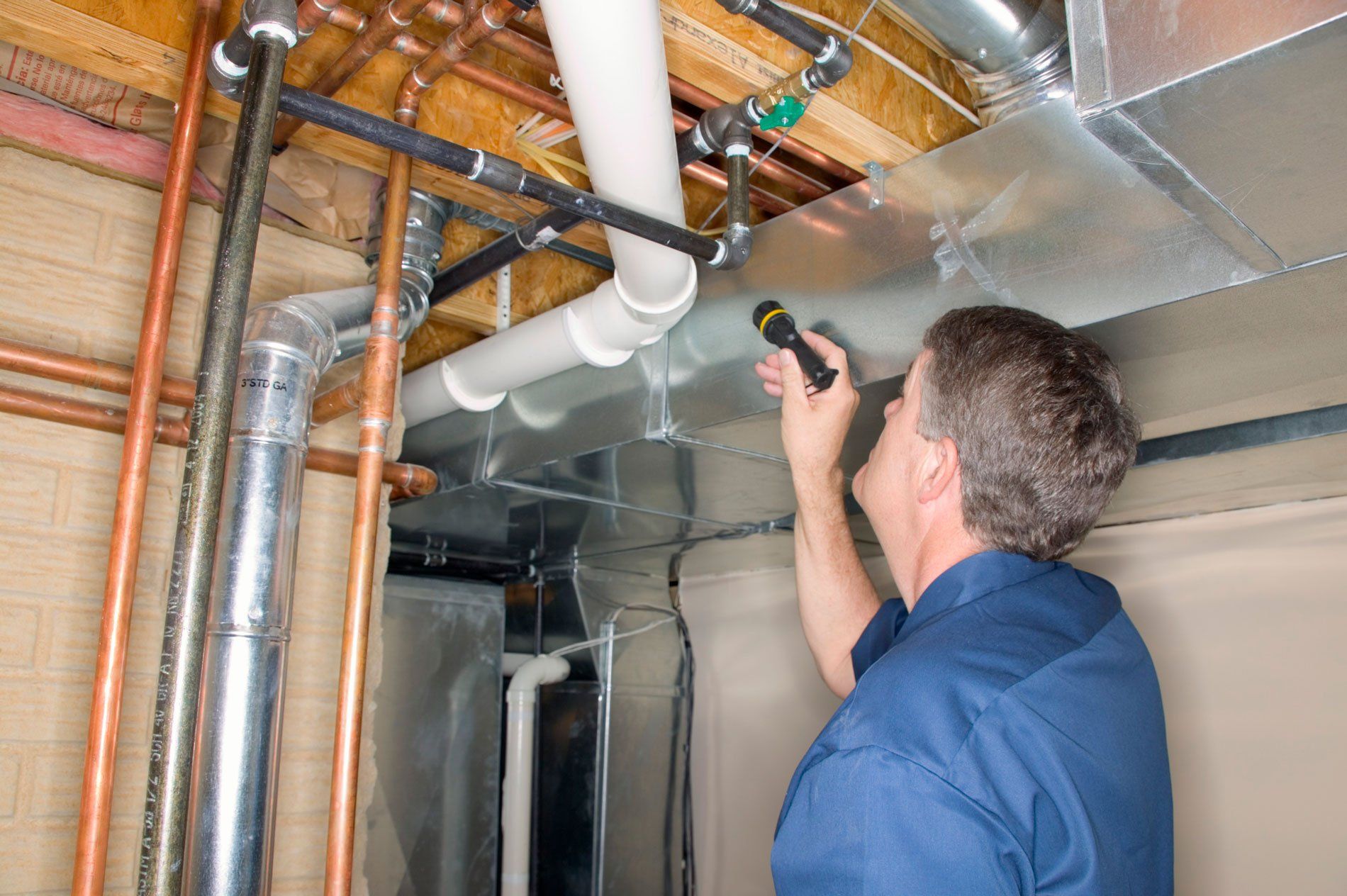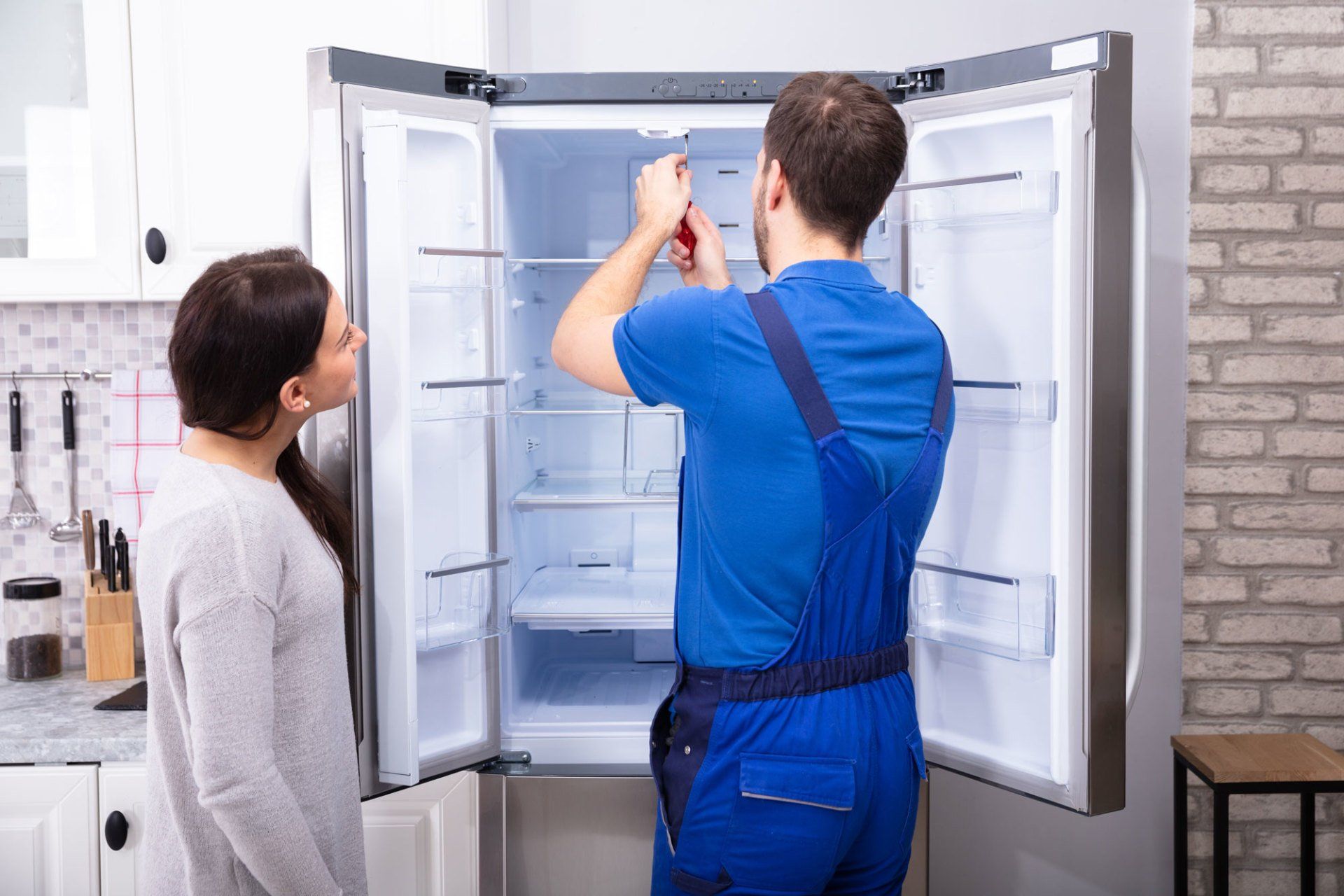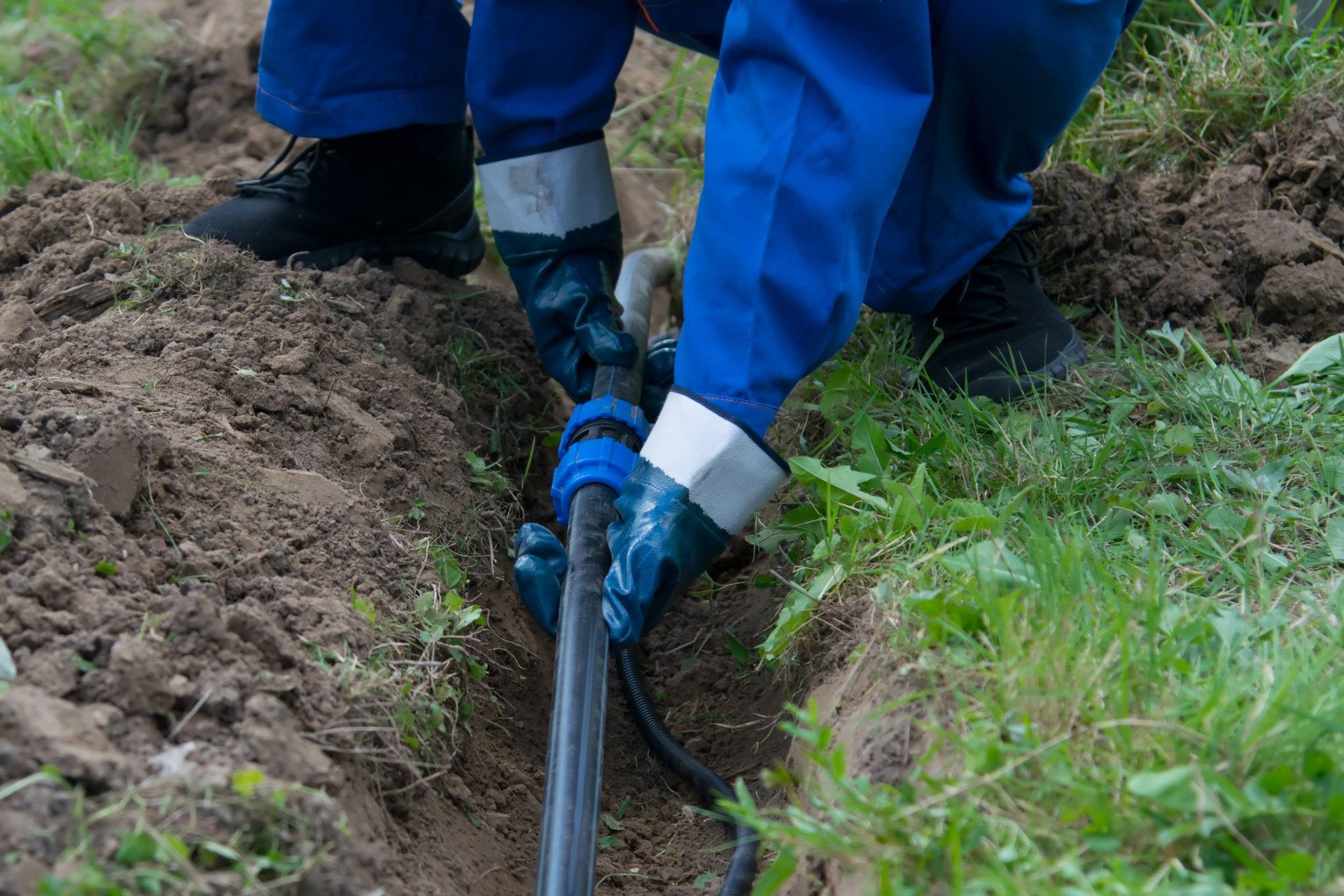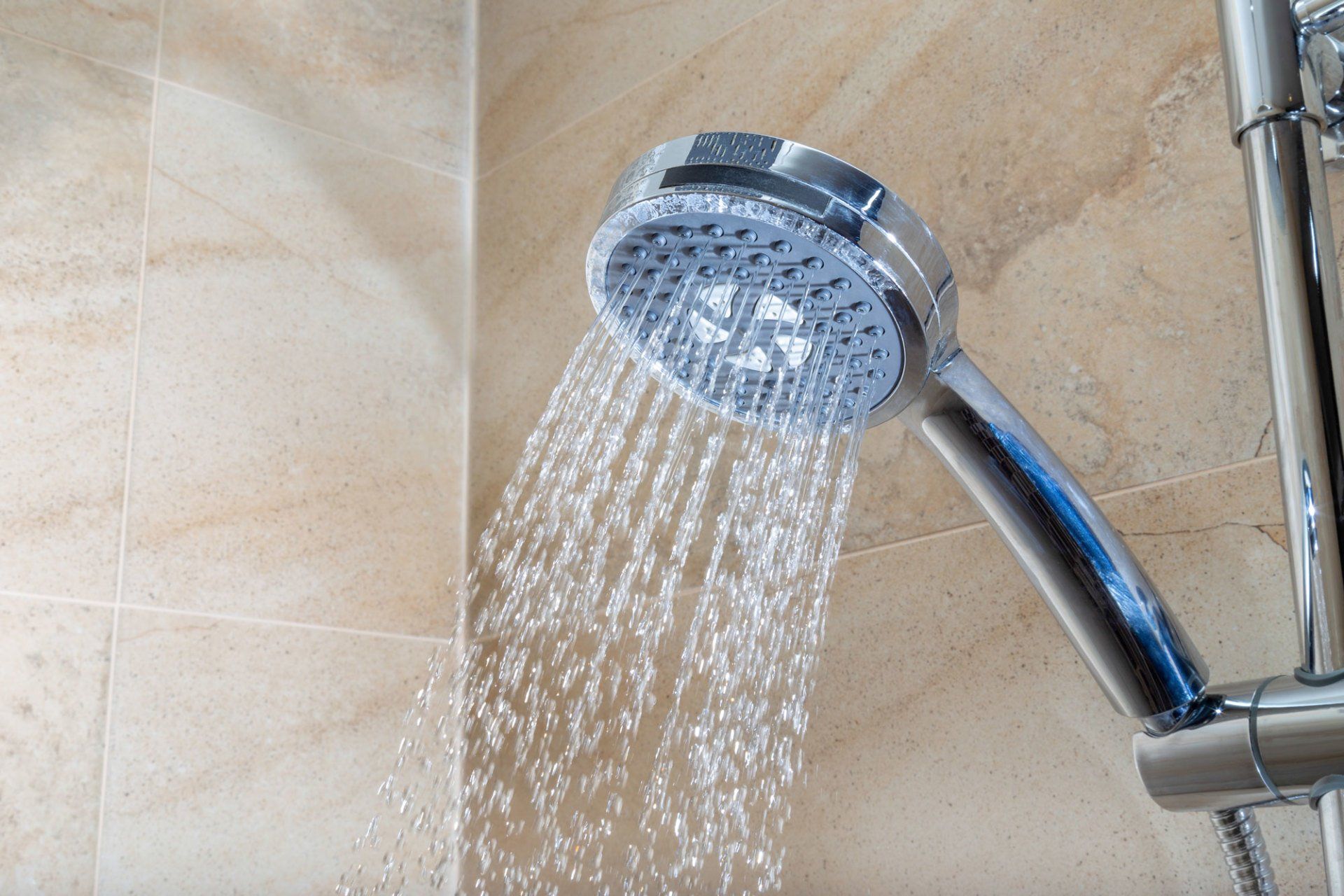1A Florida Plumbing, Inc.
Blog Layout
New Parent? 5 Ways to Prepare Your Plumbing
admin • Sep 21, 2018
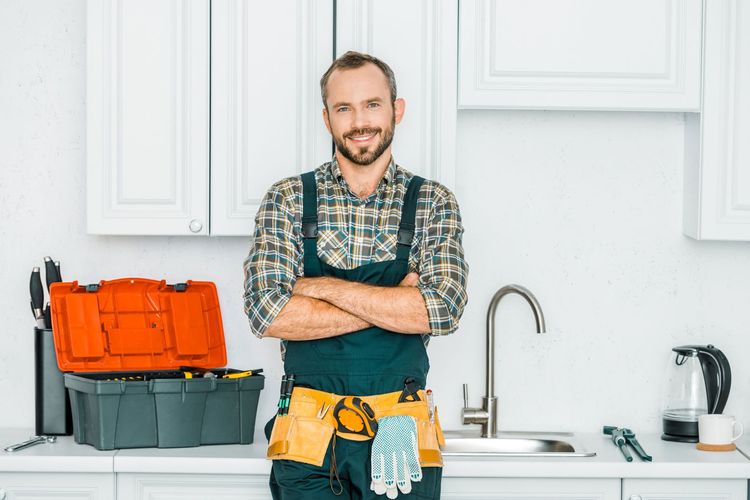
Most parents, even first-time parents, know the basics of child-proofing a house: including checking for sharp corners, stowing easy-to-grab items higher up, and adding child locks to cupboards, drawers, and doors. However, other parts of your home need an update for a baby that you might not realize, including your plumbing. Follow these simple tips to help your plumbing handle everything your new bundle of joy throws at it.
1. Know How to Use Cloth or Disposable Diapers
The sheer amount of disposable diapers your child will go through in a day is astounding, which is one reason many parents opt for cloth diapers instead. However, if you choose cloth diapers, bear in mind that the toll on your plumbing will be slightly higher, as you'll be doing a lot more washing and drying to clean the diapers.
One important thing to note is that cloth diapers may be harder to wash in hard water, and hard water can also cause discomfort for your baby's sensitive skin. Consider adding a water softener to your home around the time baby arrives, especially if he or she tends to break out in itchy rashes.
And remember that no matter what type of diaper you end up using, the diaper itself should never end up in the toilet, and neither should supposedly "flushable" baby wipes, which can clog your plumbing and require a visit from a plumber to remove.
2. Take Care of Your Washing Machine
Welcoming a baby to your household often means more household chores, especially laundry. Your baby will likely go through several outfit changes per day, and depending on how much your baby spits up, so will you. Make sure your washing machine is up to the task by cleaning it thoroughly with baking soda and vinegar. Failure to clean the machine regularly causes mineral buildup that reduces its lifespan and efficiency.
If you use cloth diapers, make doubly sure your washing machine is in mint condition: you should wash your baby's diapers separately from the other laundry, and since diapers need to be changed every two hours, you're adding a lot of extra work for your machine.
Along with washing the diapers whenever they're dirty, you should run the diapers through an extra-hot, detergent-free cycle every once in a while to remove minerals, stains, diaper cream, and other buildup.
3. Check Your Water Heater's Temperature
When you give your baby a bath or fill up his or her bottle with tap water for formula, you want to make sure the water is the right temperature. You should always check the water yourself first, but you can avoid the danger of scalding water by setting your water heater's temperature a few degrees lower.
Don't set the heater too low: doing so can introduce the possibility of legionnaires' disease, a type of pneumonia that spreads solely through contaminated steam and mist. Aim for around 120 degrees Fahrenheit to avoid burns and keep your water safe.
4. Fix Leaks Before They Grow
When you have a new baby in the house, plumbing leaks are more than an inconvenience. They can also foster mold and mildew growth, which can take a toll on a baby's fragile immune system. Plus, the cost of leaks add up over time, and you can't afford the expense now that you have an additional family member.
If you suspect you have leak behind the drywall, get in touch with a plumber who can inspect the area and make the necessary repairs.
5. Know a Trustworthy Plumber
No matter how fastidious you are about protecting your plumbing, you're bound to need some plumbing help every once in a while. Find a plumber you trust who can make repairs affordably, quickly, and effectively to protect your wallet and your baby's health. If you live near Miami, 1A Florida Plumbing, Inc. is happy to help. Get in touch anytime
for emergency plumbing repairs, maintenance, and more.
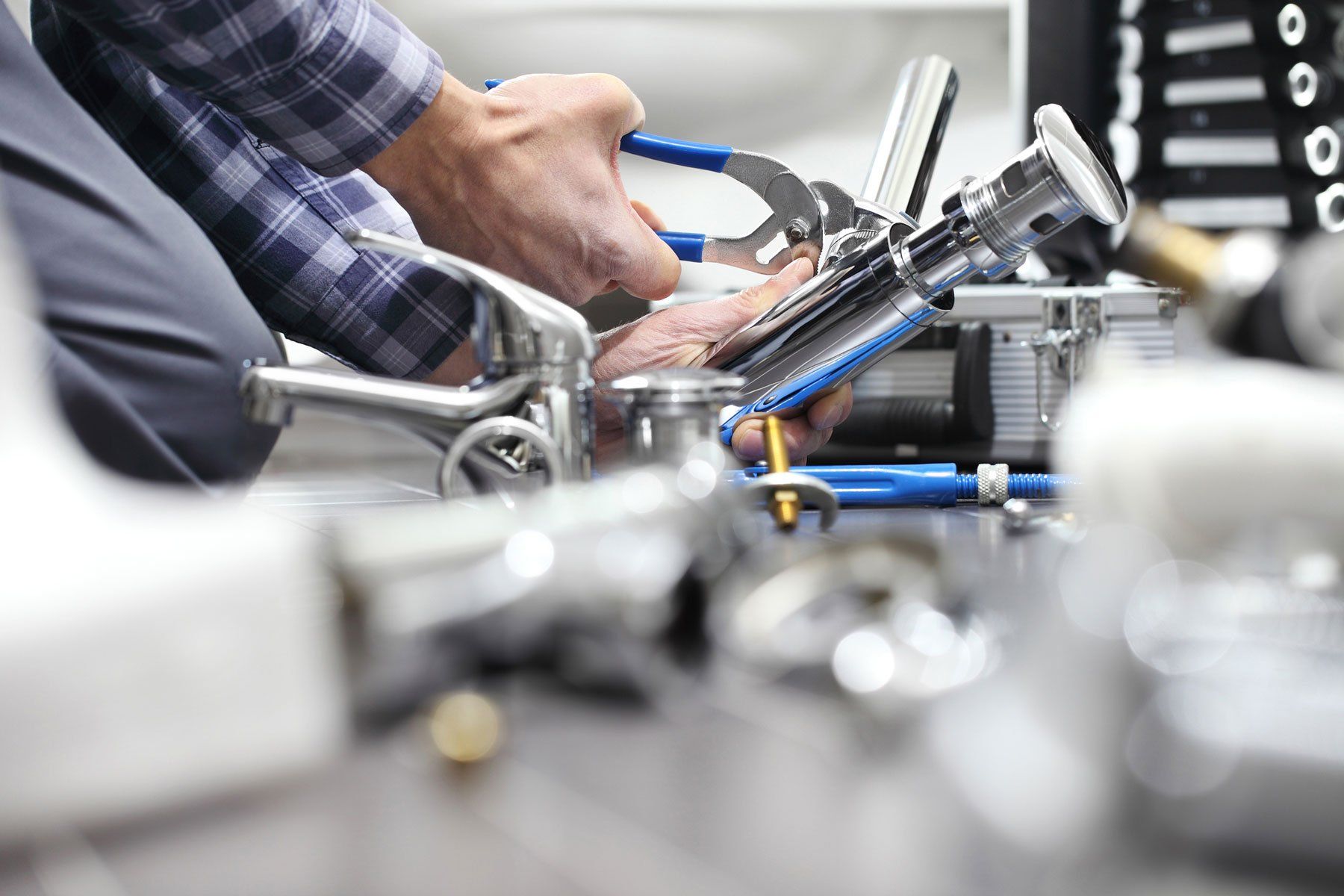
By admin
•
17 Jan, 2019
Did you know that water pipes have a limited life expectancy? Of course it makes sense because nothing lasts forever. But if anything were to last forever, it would be solid chunks of metal, right? Sadly, several forces, such as the corroding effects of water, can come into play and make your pipes unsafe or unstable and leaky over time. Here are some signs that your home may new water pipes this season.
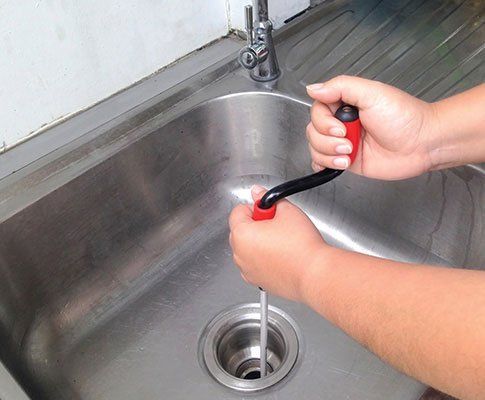
By admin
•
19 Jul, 2018
Plumbing clogs can be a big drag, especially in the summer when you're having yard parties and taking care of kids off from school. Luckily, you can do a few things to avoid clogs in your plumbing this summer. These tips will help you take care of your pipes and keep your home safe from clogs.
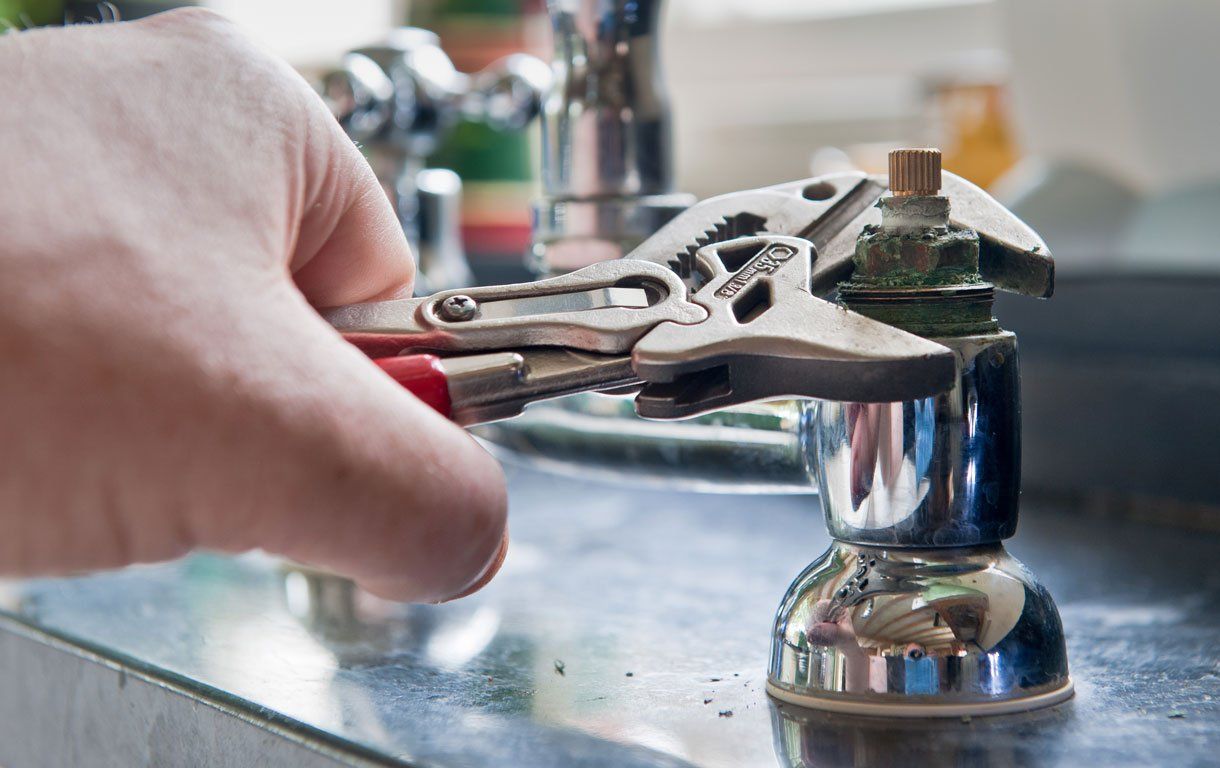
By admin
•
23 Mar, 2018
Most homeowners have experienced the occasional drain clog. You plunge the drain or perhaps use a drain snake, and the drain starts flowing again. Having every drain in your home slow down or stop draining at the same time is a different story. A plunger won't be of much assistance in this case. In fact, the correct way to address the problem depends on its cause. There are three main reasons why your whole plumbing system may stop draining at once. A Full Septic Tank If your home's drains empty into a septic system, your drain problems might indicate that the tank is full. Solids like human waste and toilet paper sink to the bottom of the septic tank, and they accumulate faster than they break down. When the solids start taking up too much space, there's not enough space left for water - so the water and waste you send down the drain won't have anywhere to go. Other signs that you need to pump your septic tank include smelly odors in your yard, toilets backing up, and excessive wetness in your yard. Luckily, your septic company can pump your septic tank in the span of a few hours, and your drains should flow freely again. Going forward, have your septic tank pumped every three years to prevent slow drains. If you flush cat litter, feminine hygiene products, paper towels, or anything other than human waste and toilet paper, solid waste will build up in your tank faster than normal and may lead to the need for more frequent pumping. A Blocked Sewer Line If you live in a more suburban or urban area, your home may be connected to a sewer system rather than a septic tank. There's a large pipe, about four inches in diameter, that carries all of your waste and wastewater into the public sewer line. The main drain line is prone to clogs, and when it does clog, every drain in the home can slow down or become blocked completely. Signs of a clogged sewer line are similar to those of a full septic tank. Every drain will slow down, and you might notice foul odors coming from your drains. Sometimes, sewage may back up into a sink or tub. Water may also back up into your washing machine. Your plumber can locate a main sewer line clog using a specialized camera. Many clogs are caused, at least in part, by tree roots growing into the line. Your plumber may mechanically remove the tree roots or even replace the overgrown line if the root growth is substantial. In the meantime, avoid flushing anything other than human waste and toilet paper. Napkins and wet wipes can get caught on roots and make the clog worse. A Plugged Sewer Vent Many homeowners do not realize that their sewer pipes have vents. The vents allow gas to escape, keeping your sewer lines at a low enough pressure to allow them to drain. Most sewer vents are on the roof. They can become clogged with snow, leaves, animal nests, or sewage. When a sewer vent blockage causes slow drains, you'll often notice gurgling noises coming from the drains. You may even see bubbles coming up into a full sink or toilet. The solution for a blocked sewer vent depends on what's causing the blockage. Your plumber can clear snow away and extend the vent to prevent future snow blockages. If debris is to blame, your plumber may use a grabbing tool to remove the debris and then replace the sewer line cap to limit future debris accumulation. Sewage clogs must usually be cleared with a plunging auger. All three of the problems above need to be dealt with by a professional plumber. If you're looking for a plumber in Miami-Dade County or Broward County, contact 1A Florida Plumbing, Inc. to make an appointment today.
BROWSE OUR WEBSITE
CONTACT INFORMATION
Phone: 786-991-6980
Email: 1afloridaplumbing@gmail.com
Address: 8961 NW 12 Pl Plantation, FL 33322
Business Hours
- Mon - Sun
- -
24/7 Emergency Service
Licensed and Insured


















OUR LOCATION
Content, including images, displayed on this website is protected by copyright laws. Downloading, republication, retransmission or reproduction of content on this website is strictly prohibited. Terms of Use
| Privacy Policy
